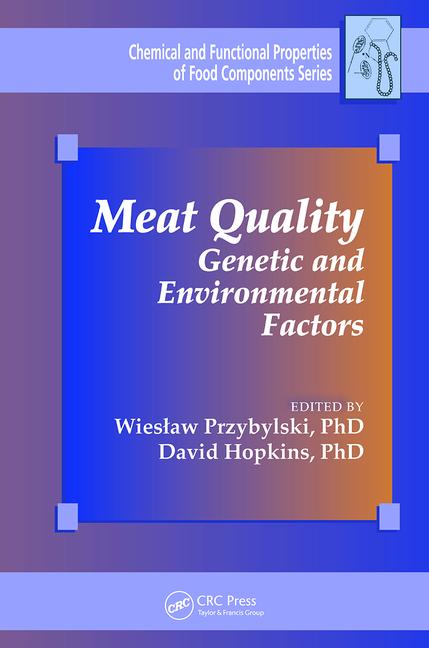Legislative update: Proposition 12

On May 26, California’s Department of Food and Agriculture (CDFA) published its proposed regulations to implement the 2018 voter ballot initiative, Proposition 12. Proposition 12 included a requirement that breeding sows and gilts be housed in enclosures with a minimum of 24 square feet per hog beginning Jan. 1, 2022. In addition to regulating hog farms within the state, the effect of Proposition 12 will extend far beyond California’s borders. The law requires that much of the pork sold in the state be derived from hogs that meet the housing requirements.
Enforcing the law will require significant recordkeeping requirements on the part of retailers, distributors, processors, packers and farmers who want to produce pork for the California market. It will also require CDFA to establish a registration and certification program to monitor compliance. The proposed regulations address many of the details.
What’s covered? What isn’t?
Proposition 12 restrictions apply to sales of “whole pork meat” to end users (e.g., grocery stores, foodservice) in California. The proposed regulations define whole pork meat as any uncooked cut of pork — including bacon, ham, chops, loin and ribs — that consists entirely of pork meat except for seasoning, curing agents, coloring, flavoring, preservatives or similar meat additives. All whole pork meat sold to end users must be derived from breeding hogs or the immediate offspring of breeding hogs (market hogs) that meet the law’s housing space requirements.
Under the proposed regulations, ground products (e.g., sausage), ready-to-eat products, hot dogs and combination products (pizzas, for example) are not covered by Proposition 12. Moreover, Proposition 12’s restrictions do not apply to whole pork meat that enters and leaves the state without additional processing or repackaging, as is the case with exports. Nor does it apply to sales to USDA Food Safety and Inspection Service (FSIS)-inspected establishments with mandatory inspection.
Registration requirements
Under the proposed regulations, any distributor that wishes to sell whole pork meat in or into California will be required to register with CDFA. Registered distributors will need to demonstrate that they can maintain an “audit trail” tracing the pork products back to a Proposition 12-compliant farm. In 2022, distributors will be able to self-certify they are only using pork derived from compliant housing. Beginning in 2023, pork distributors will need to be certified by CDFA inspectors or contractors. This certification process can include onsite inspections.
In addition to registration, the proposed regulations would require that shipments of whole pork meat into California include information on shipping invoices, bills of lading and manifests noting whether the pork is compliant (“California 24+”) or not. If pork is being shipped to a FSIS-inspected facility for some processing that will result in it not being covered by Proposition 12, the shipping documents must contain restrictive use language. (e.g., “Only for use at M-[est. #]”)
How to Comment
CDFA is accepting comments on the proposed regulations until July 12. Interested parties can submit comments on the proposed regulations at animalcare@cdfa.ca.gov or by calling (916) 900-5000. Although CDFA has not announced a timeline for publication of the final regulations, CDFA is mandated by statute to begin enforcing Proposition 12 beginning on Jan. 1, 2022.
Note: This column is for educational purposes and is not a substitute for legal advice.
Looking for a reprint of this article?
From high-res PDFs to custom plaques, order your copy today!







